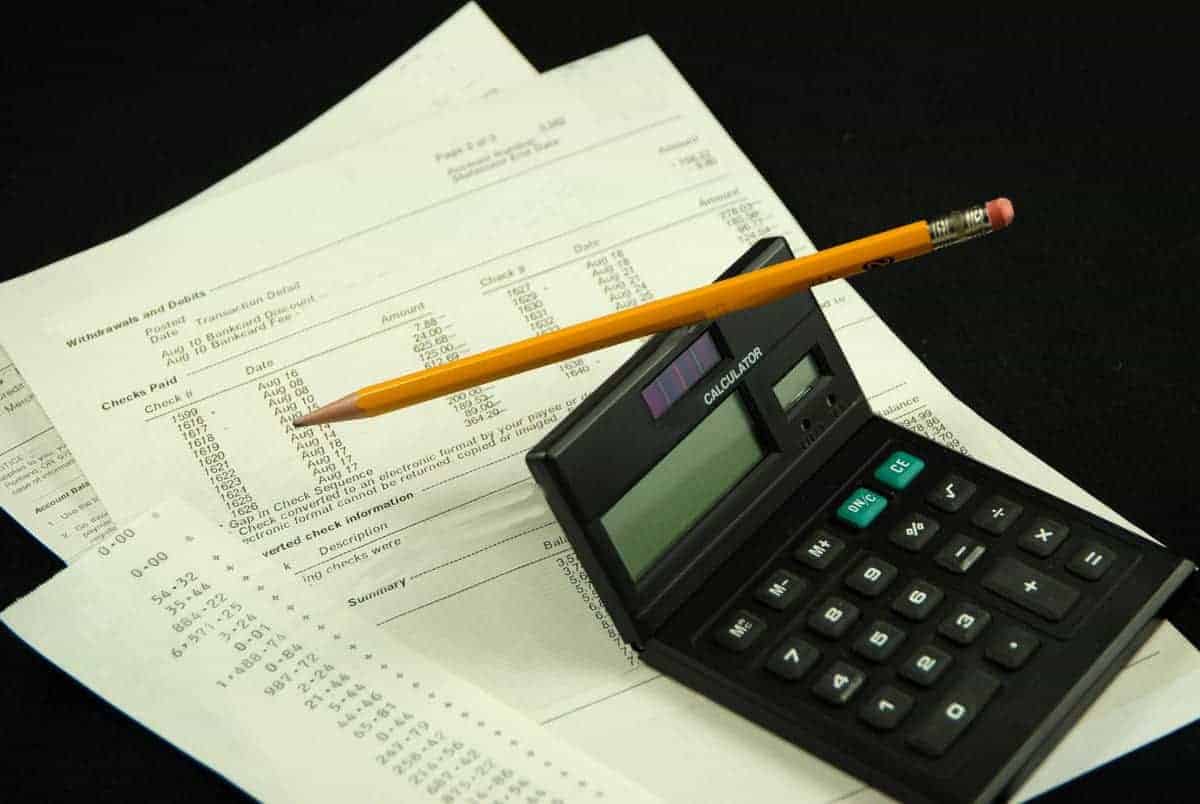Are you tired of overspending on groceries every month? Do you find it difficult to estimate your grocery costs and end up with a high bill at the checkout? You’re not alone. Many people struggle with this issue, but the good news is that there are ways to estimate your grocery costs and stick to your budget.
In this article, we’ll provide you with some tips and tricks to help you estimate your grocery costs accurately. From planning your meals to creating a shopping list, we’ll cover everything you need to know to save money on your grocery bill. By following our advice, you’ll be able to buy the food you need without breaking the bank.
Assess Your Needs
Before you can estimate your grocery costs, you need to assess your needs. This means taking stock of what you already have and what you need to buy. Here are some steps to help you assess your needs:
- Take inventory of your pantry, fridge, and freezer to see what you already have.
- Make a list of the meals you plan to make for the week ahead.
- Check recipes to see what ingredients you need to buy.
- Consider any special dietary needs or restrictions.
- Think about any upcoming events or occasions that may require additional groceries.
By assessing your needs before you go to the grocery store, you can avoid buying unnecessary items and ensure that you have everything you need for the week ahead.
Make a List
Before heading to the grocery store, it’s important to make a list of the items you need. This will help you avoid impulse purchases and stick to your budget.
Start by taking inventory of the items you already have at home. Check your pantry, fridge, and freezer to see what you have on hand. This will prevent you from buying items you don’t need and help you use up what you already have.
- Write down the items you need for your planned meals for the week.
- Include items for breakfast, lunch, dinner, and snacks.
- Don’t forget to include staples like bread, milk, and eggs.
Organize your list by section, such as produce, meat, dairy, and dry goods. This will make it easier to navigate the store and ensure you don’t miss anything on your list.
Section 4: Research Prices
Before heading to the grocery store, it’s important to research prices to get an idea of how much you should expect to spend. Here are some tips to help you research prices:
- Check online grocery delivery services to compare prices and deals from different stores.
- Look at weekly flyers and coupons from your local grocery stores.
- Use grocery price comparison apps to find the best deals on specific items.
When researching prices, make sure to factor in the cost of transportation to and from the store. If a store is further away but has lower prices, it may not be worth the extra cost in gas or public transportation.
It’s also important to keep in mind that prices can vary by location and season. For example, produce prices may be higher in the winter when certain fruits and vegetables are out of season. Keep these factors in mind when estimating your grocery costs.
Calculate the Total
Now that you have a clear idea of what you need to buy, it’s time to calculate the total cost. Here are some steps to follow:
- Write down the price of each item on your list.
- Multiply the price of each item by the quantity you need.
- Add up all the individual totals to get the overall cost.
Remember to include any taxes or discounts in your calculations. If you’re using a shopping app or website, it may do the math for you automatically.
Adjust Your List and Budget Accordingly
After estimating the total cost of your groceries, you may find that you need to make some adjustments to your list and budget. Here are some tips to help you stay on track:
- Consider substituting expensive items with cheaper alternatives that serve the same purpose.
- Look for sales and discounts on items you need to buy.
- Remove non-essential items from your list to reduce the overall cost.
It’s also important to remember that unexpected expenses may arise, such as a last-minute dinner invitation or a special occasion. To avoid overspending, adjust your budget accordingly and prioritize your purchases.
By making small adjustments and being mindful of your spending, you can stay within your budget and avoid overspending on groceries.

